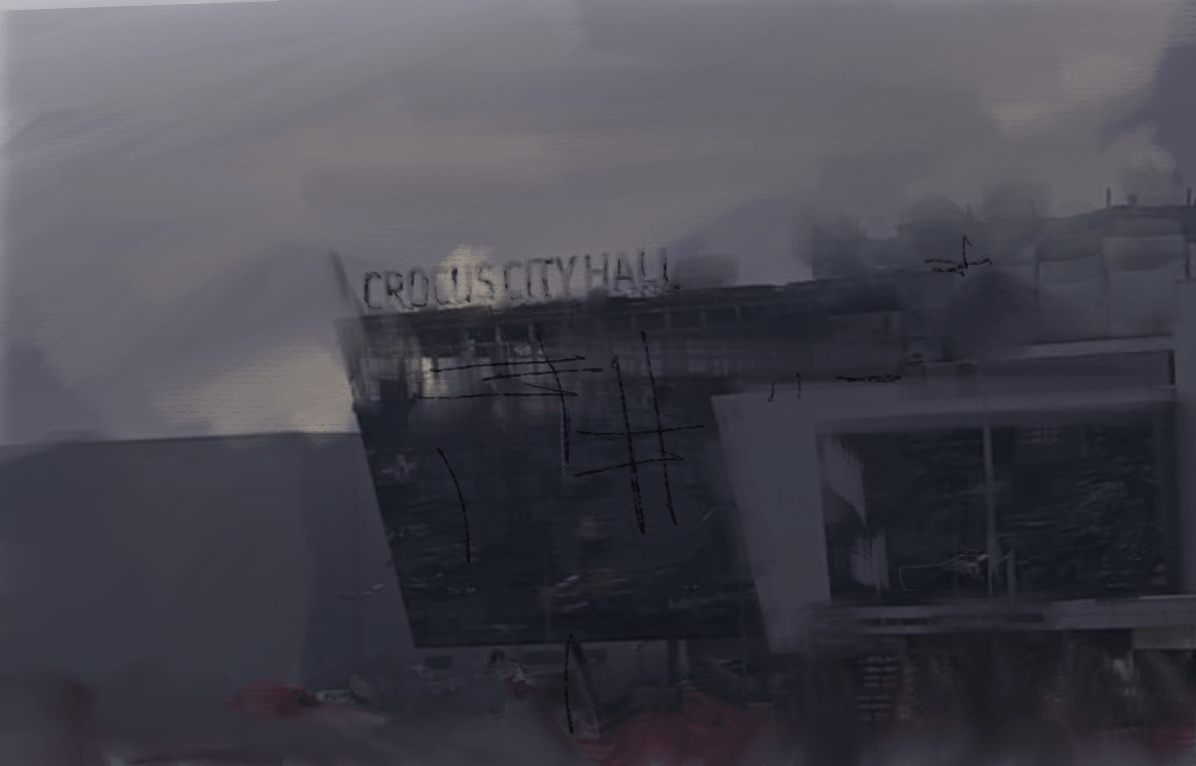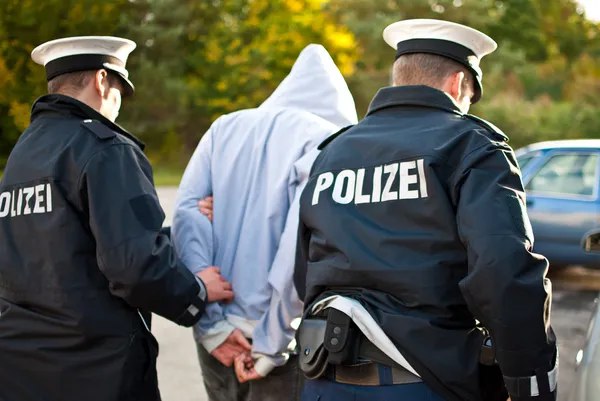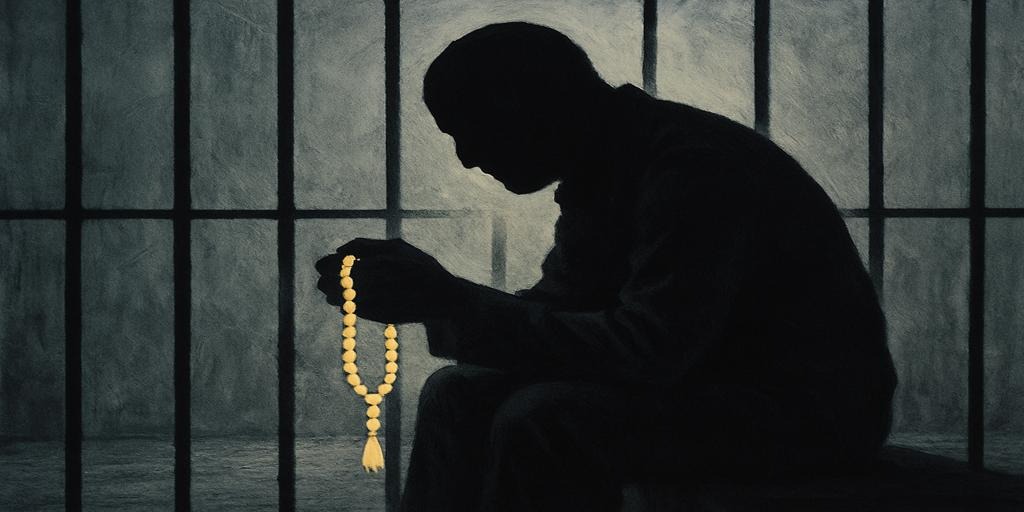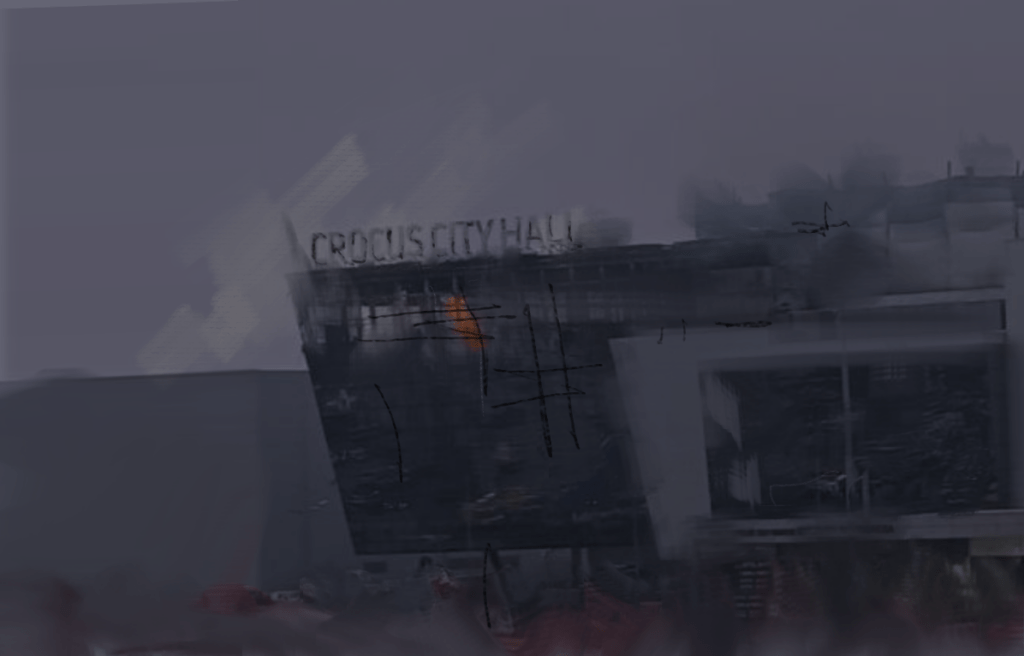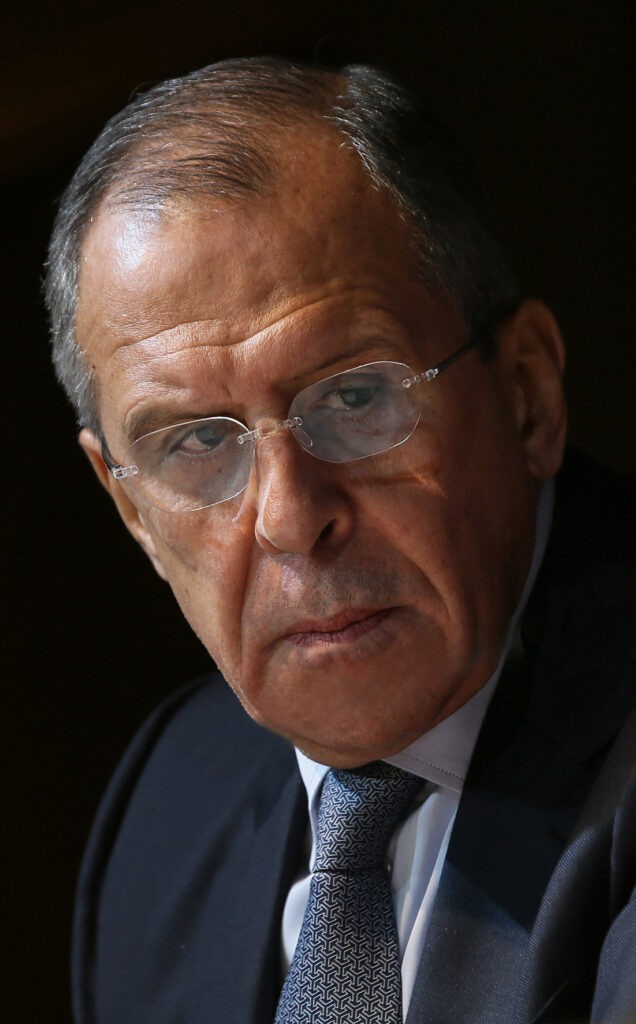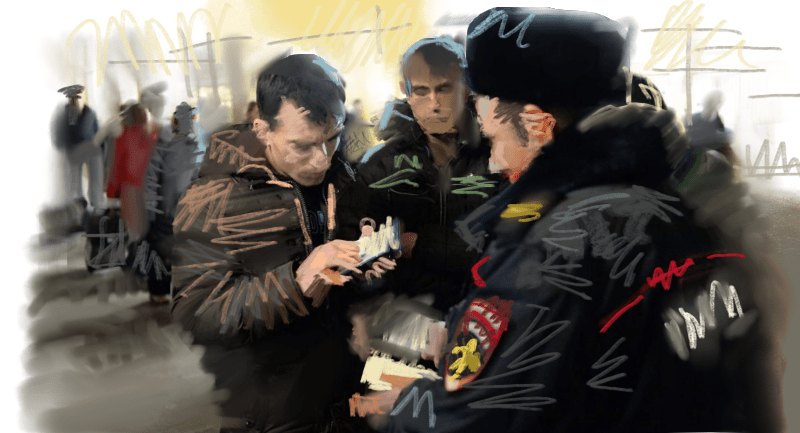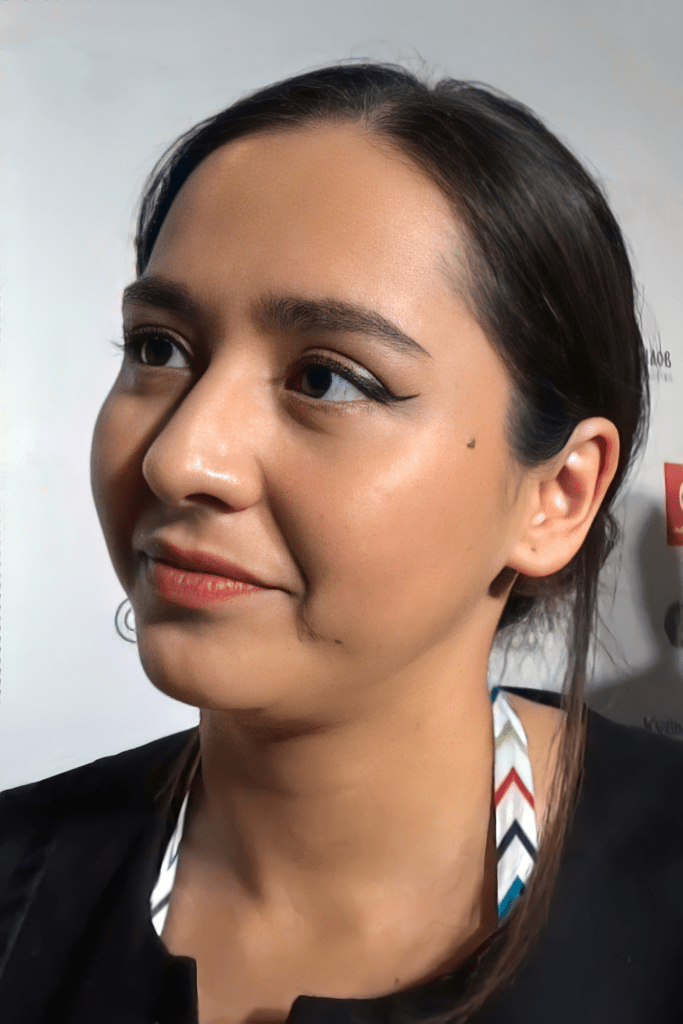On Monday, the Kremlin updated the death toll from Friday’s terror attack at the Crocus City Hall to 137, with another 182 confirmed injured. This came after the four suspects appeared in court, charged with committing a terrorist act. Russia’s former president and prime minister, Dmitry Medvedev, spoke of imposing the death penalty for the first time in Russia since 1996, stating, “Should they be killed? Necessary. And it will be. But it is much more important to kill everyone involved. Everyone. Who paid, who sympathized, who helped. Kill them all.”
In the wake of the devastating attack, Russia has escalated security measures at crucial transportation centers and postponed several public gatherings including concerts and at sports events. The recent violence undermines the sense of safety and order within its borders that many Russians have long associated with President Vladimir Putin’s reign.
Despite the Afghanistan branch of the Islamic State group (ISKP) having claimed responsibility for the mass shooting on Friday night, releasing video footage related to the attack and claiming sole responsibility, Russia has continued to attempt to pin responsibility on Ukraine. On Monday, Maria Zakharova, Russia’s Foreign Ministry spokesperson, wrote in an article for the Komsomolskaya Pravda newspaper, “Attention – a question to the White House: Are you sure it’s Isis? Might you think again about that?”
As those detained were apprehended carrying Tajik passports, a large numbers of Tajik migrants who live in Russia, many enduring difficult conditions in hostels while struggling to find work, are now living in fear of reprisals. Tajikistan was among several Central Asian states that condemned the attack and sent condolences to relatives and friends of the dead.
President Kassym-Jomart Tokayev of Kazakhstan spoke by telephone to Russian President Vladimir Putin on Saturday, Kazakhstan’s presidential press office said.
“The head of our state strongly condemned the brutal act of violence against civilians and reaffirmed solidarity with Russia in the fight against terrorism,” the press office said.
Kazakhstan has offered the help of its law enforcement agencies to Russia if needed and Uzbekistan’s presidential office said those responsible for the attack “will be assured of the inevitability of punishment.”
Bouquets of flowers were laid outside the Russian embassy in Astana, Kazakhstan.
Video recorded by witnesses at the Moscow venue showed several gunmen roaming the atrium and other parts of the entertainment complex, opening fire on civilians. A large blaze also broke out at the building during the attack and was later extinguished.
On Feb. 27, Russian Defense Minister Sergei Shoigu spoke of threats coming from extremists in Afghanistan and prioritized “ensuring military security in the Central Asian strategic area.”
Shoigu said the number of ISKP militants in Afghanistan had increased by 15% in the past year. He said their key objectives were to spread radical ideology and to conduct subversive activities on the southern borders of the Collective Security Treaty Organization.
The organization, CSTO, is a Russian-led security alliance that includes Belarus, Kazakhstan, Kyrgyzstan, and Tajikistan.
“Radicals from Central Asia have accounted for a notable share of recent Islamic State-inspired or -directed plots and attacks in the United States, Europe, Turkey, and Iran,” Lucas Webber and Riccardo Valle wrote in a Hudson Institute analysis last year.
In September 2022, ISKP – which vehemently opposes Russia’s support for the regime of Bashar al-Assad in Syria – claimed responsibility for a suicide bombing at the Russian embassy in Kabul which left six dead.
Despite repeatedly warnings from foreign sources – including the U.S. – that an attack was imminent, survivors have apparently reported that the guards did not check bags and clothes before entering the arena, metal detectors were turned off, and automatic fire extinguishers failed to function.
